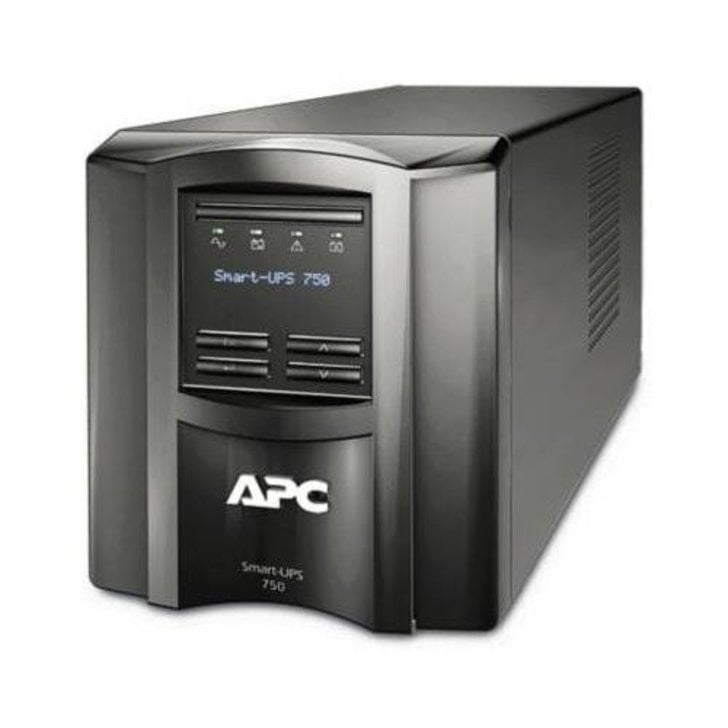Power Up: The Ultimate Guide to UPS Batteries for Uninterrupted Performance
Power Up: The Ultimate Guide to UPS Batteries for Uninterrupted Performance
Blog Article

In today's fast-paced digital world, maintaining continuous power supply is crucial for both personal and professional needs. Uninterrupted Power Supply systems, commonly known as UPS, play a vital role in safeguarding valuable data and equipment from unexpected power outages. At the heart of these systems are UPS batteries, which provide the essential backup power needed to keep devices running smoothly, allowing us to work undisturbed, stream seamlessly, and stay connected without interruption.
Understanding UPS batteries is key to maximizing their potential and ensuring your devices are protected. From choosing the right type of battery to recognizing signs of wear and ensuring proper maintenance, this guide will explore everything you need to know about these power solutions. Whether you are a home user seeking to protect your electronic devices or a business owner aiming to keep operations running smoothly, knowing the ins and outs of UPS batteries will empower you to make informed decisions for uninterrupted performance.
Understanding UPS Batteries
UPS batteries are essential components of an uninterruptible power supply system, providing backup power during outages to keep critical devices running. These batteries are designed to deliver short bursts of energy when the main power fails, ensuring that servers, computers, and other sensitive equipment remain operational. Without a reliable UPS battery, the risk of data loss, hardware damage, and productivity downtime increases significantly.
There are several types of UPS batteries available, each with its own benefits and drawbacks. Lead-acid batteries, for example, are common due to their affordability and reliable performance. However, they require regular maintenance and have a shorter lifecycle compared to newer technologies. On the other hand, lithium-ion batteries have gained popularity for their longer lifespan and less maintenance, making them a more modern choice for many users.
Understanding the features and specifications of UPS batteries is crucial for selecting the right one for your needs. Factors such as capacity, discharge time, and recharge duration play a significant role in determining the suitability of a battery for your particular setup. By choosing the right UPS battery, you can ensure uninterrupted performance and protect your investment against unexpected power interruptions.
Choosing the Right UPS Battery
When selecting a UPS battery, the first step is to assess your specific power needs. Different devices require varying levels of power, so understanding the wattage of the equipment you wish to protect can help you choose the right battery capacity. Look for a UPS that can handle the total load of your connected devices, which usually includes computers, networking equipment, and other electronics. A good rule of thumb is to select a UPS that offers about 20 to 30 percent more capacity than what your devices will draw.
Next, consider the type of UPS battery that best suits your situation. There are mainly two types of batteries used in UPS systems: sealed lead-acid and lithium-ion. Sealed lead-acid batteries are common and typically have a lower initial cost, but they may require more frequent replacement and maintenance. On the other hand, lithium-ion batteries are becoming increasingly popular due to their longer lifespan, lighter weight, and higher energy density, although they come with a higher upfront investment. Choosing the right type can impact the overall performance and longevity of your UPS system.
Check It Out
Finally, evaluate additional features and specifications that may enhance the functionality of your UPS battery. Look for options such as built-in monitoring systems, easily replaceable batteries, and fast charging capabilities. Features like these can maximize the efficiency of your UPS setup and ensure you are informed of the battery status at all times. Additionally, researching reputable brands and reading reviews can provide insight into reliability and performance, helping you make a well-informed decision for uninterrupted power supply.
Maintenance Tips for Longevity
To ensure the longevity of your UPS batteries, regular maintenance is essential. Start by keeping the surrounding area clean and free from dust and debris, which can interfere with ventilation. Ensure that the environment is not too hot or too humid, as excessive heat can significantly reduce battery life. Ideally, maintain a temperature range of 20 to 25 degrees Celsius for optimal performance.
Regularly inspect the UPS battery and its connections for any signs of corrosion or damage. Tighten any loose connections to ensure a solid electrical contact. It is also important to perform periodic tests of the UPS system, checking that the batteries are holding a charge and that the unit can provide power during an outage. This proactive approach can help identify potential issues before they lead to battery failure.
Lastly, consider the replacement schedule for your UPS batteries. Most batteries have a lifespan of three to five years, depending on usage and environmental conditions. Replace your batteries as needed and keep a record of their age and performance. Adhering to these maintenance tips will help maximize the life of your UPS batteries and ensure reliable power when you need it most.
Report this page